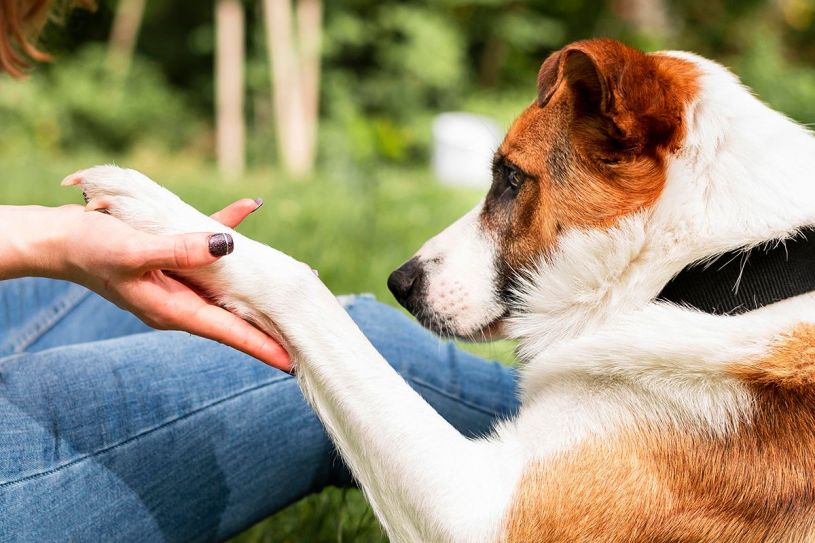In the ever-evolving landscape of pet care, canine wellness has taken center stage, with pet owners increasingly embracing holistic approaches that prioritize the overall well-being of their furry companions. From nutrition to mental health and physical fitness, a holistic perspective ensures that dogs thrive not just physically but also emotionally and mentally. In this guide, we delve into the realm of canine wellness in 2023, uncovering the transformative impact of holistic care on our canine friends.
1. Nutritional Excellence: Holistic canine wellness begins with a focus on nutrition. Opt for high-quality dog food that is tailored to your dog’s specific needs, considering factors such as age, breed, and health conditions. Include fresh, whole foods in their diet, and consider supplements to bridge nutritional gaps.
2. Mindful Mealtime Practices: Incorporate mindful practices during mealtime to enhance your dog’s overall well-being. Consider slow-feed bowls to prevent rapid eating, which can contribute to digestive issues. Additionally, establish a regular feeding schedule to provide consistency and promote healthy digestion.
3. Mental Stimulation: A mentally stimulated dog is a happy dog. Engage in activities that challenge your dog’s cognitive abilities, such as puzzle toys, interactive games, and training sessions. Mental stimulation is key to preventing boredom and fostering a strong bond between you and your furry friend.
4. Emotional Well-Being: Just like humans, dogs experience emotions. Attend to your dog’s emotional well-being by providing a safe and comforting environment. Recognize signs of stress or anxiety, and offer reassurance through positive interactions, soothing music, or the use of calming pheromones.
5. Regular Exercise Regimen: Physical fitness is a cornerstone of holistic canine wellness. Establish a regular exercise routine that suits your dog’s breed, age, and energy level. Whether it’s daily walks, jogging, or engaging in dog-friendly sports, consistent exercise promotes cardiovascular health and helps maintain a healthy weight.
6. Natural and Holistic Remedies: Explore natural and holistic remedies for common issues like anxiety, joint pain, or skin conditions. From herbal supplements to aromatherapy and acupuncture, holistic approaches can complement traditional veterinary care and contribute to your dog’s overall well-being.
7. Quality Sleep Environment: Quality sleep is crucial for canine wellness. Create a comfortable and quiet sleep environment for your dog, ensuring they have a cozy bed in a designated sleeping area. Adequate rest supports physical recovery and contributes to mental balance.
8. Regular Veterinary Checkups: Holistic care doesn’t replace traditional veterinary care—it complements it. Schedule regular checkups with your veterinarian to monitor your dog’s overall health, address any concerns promptly, and discuss holistic approaches that align with your dog’s specific needs.
9. Socialization Opportunities: Dogs are social animals, and positive interactions with other dogs and humans contribute to their emotional well-being. Arrange playdates, visit dog-friendly parks, and enroll in training classes to provide your dog with ample socialization opportunities.
10. Holistic Grooming Practices: Grooming is not just about aesthetics—it’s an integral part of holistic care. Regular grooming sessions promote skin health, check for abnormalities, and provide an opportunity for positive touch, reinforcing the bond between you and your dog.
In conclusion, embracing holistic approaches to canine wellness in 2023 is an investment in the longevity and happiness of our beloved furry companions. By addressing nutrition, mental health, and physical fitness through a holistic lens, pet owners can cultivate a thriving environment that nurtures every aspect of their dog’s well-being. Wagging tails and radiant health await those who embark on the journey of holistic canine care.

